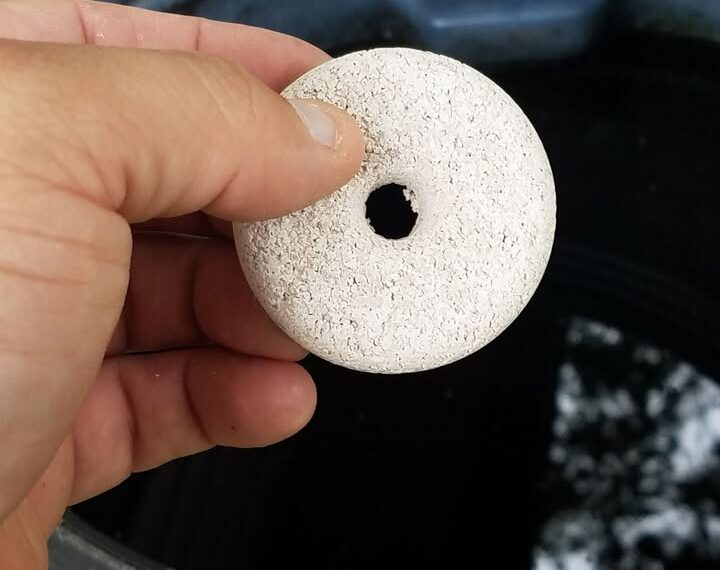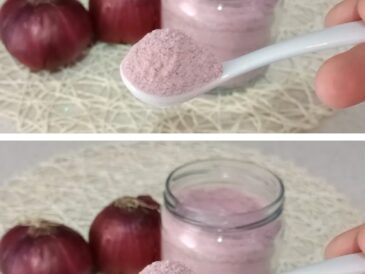Mosquitoes are more than just an annoying summer nuisance — they can also pose serious health risks by spreading diseases like dengue, malaria, Zika virus, and West Nile virus. Every year, people search for the most effective methods to keep these biting pests at bay, and while natural repellents often sound appealing, many of them simply don’t hold up in real-world tests.
So what actually works? And why do most “natural” solutions fail?
🚫 Why Most Natural Mosquito Repellents Don’t Work
Many DIY blogs and wellness circles recommend “natural” mosquito repellents like:
- Lemon eucalyptus oil
- Citronella candles
- Basil, lavender, or mint plants
- Apple cider vinegar sprays
- Garlic-infused water
While some of these may offer mild deterrent effects, especially in controlled lab conditions, their protection is often short-lived, inconsistent, and ineffective outdoors where wind disperses the scent. According to the Centers for Disease Control and Prevention (CDC), only oil of lemon eucalyptus (OLE) shows measurable protection, but even that doesn’t compare to the longevity of chemical repellents.
Natural methods might also fail because they don’t address the source of the infestation — stagnant water, where mosquitoes lay their eggs.
✅ What Actually Works to Get Rid of Mosquitoes
1. BTI Mosquito Dunks (Bacillus thuringiensis israelensis) – like the one in the image
These donut-shaped discs are one of the most effective biological controls available today.
- They contain Bacillus thuringiensis israelensis (BTI), a naturally occurring bacterium that kills mosquito larvae but is safe for people, pets, birds, and beneficial insects like bees.
- Simply drop one into standing water (e.g., rain barrels, ponds, old tires, or flower pot trays), and it will continue working for up to 30 days.
- These discs target the root cause of the mosquito problem by stopping reproduction at the larval stage.
🧪 Study published in the Journal of the American Mosquito Control Association confirms BTI effectiveness against multiple mosquito species, including Aedes aegypti and Culex pipiens.
2. DEET-Based Repellents
While controversial in some circles, DEET remains the gold standard.
TO CONTINUE READING THE ARTICLE PLEASE SEE PAGE 2




